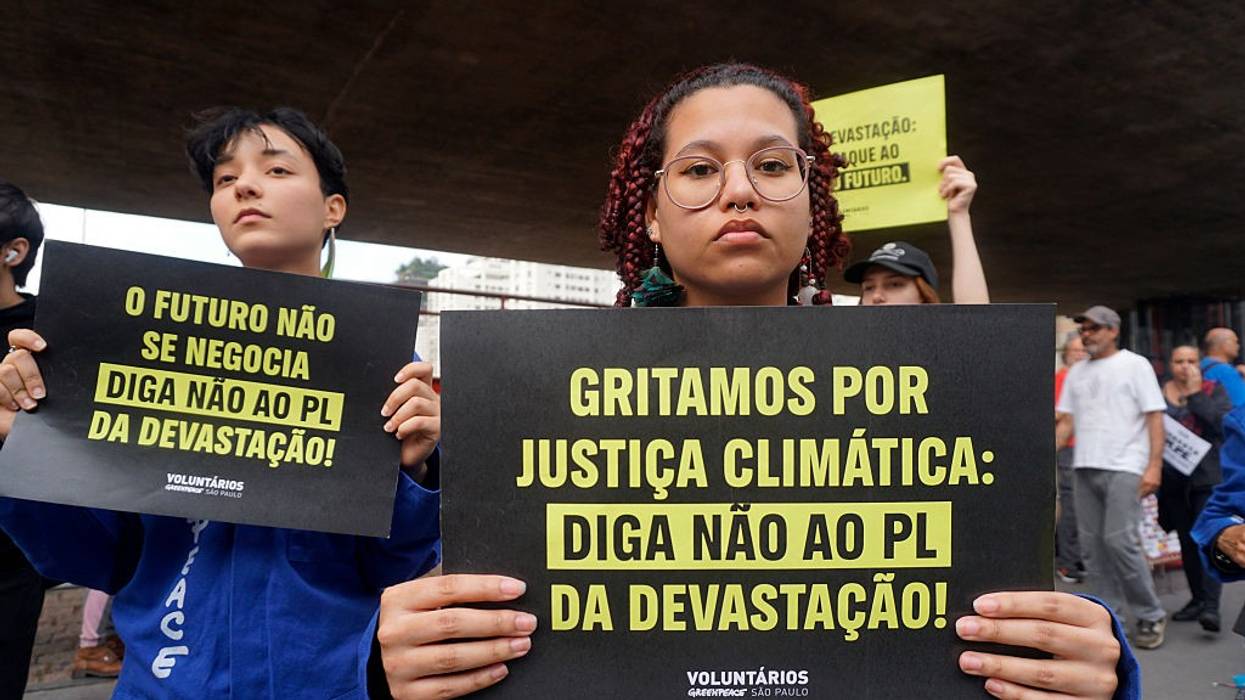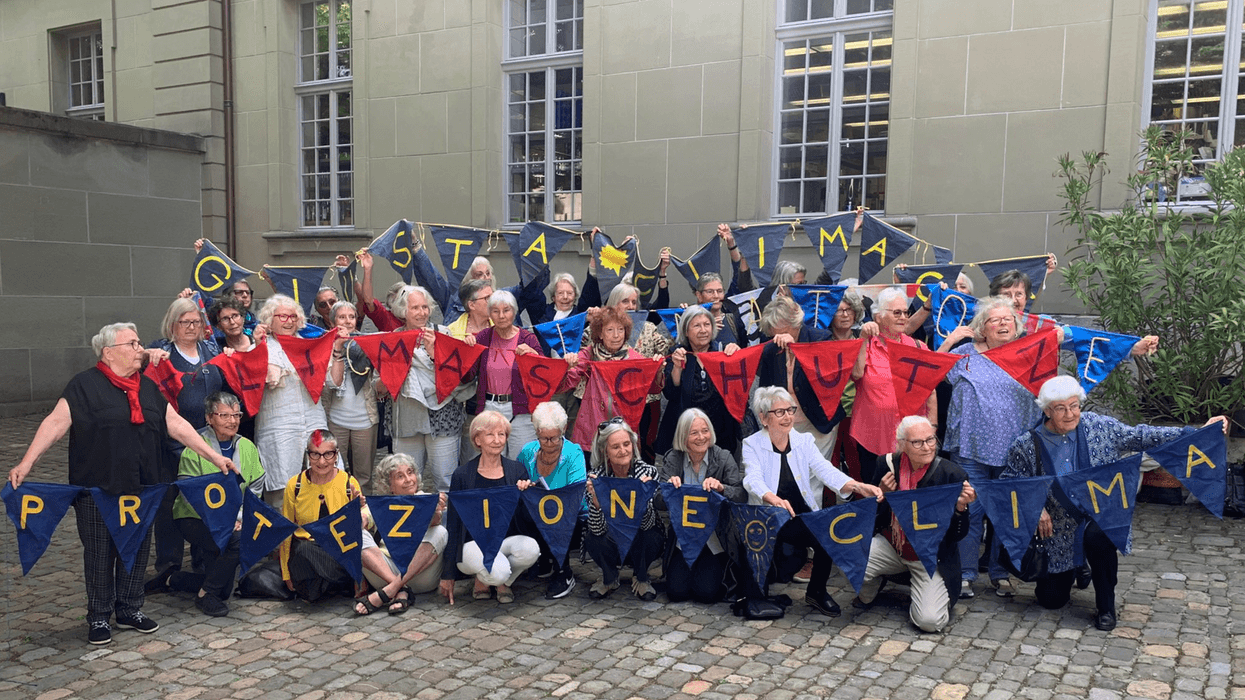"The court also held that... states must take all necessary measures to reduce the risks arising, on the one hand, from the degradation of the global climate system and, on the other, from exposure and vulnerability to the effects of such degradation," the summary adds.
"States must refrain from any conduct that reverses, slows down, or truncates the outcome of measures necessary to protect human rights in the face of the impacts of climate change."
The case was brought before the Costa-Rica based IACtHR by Chile and Colombia, both of which "face the daily challenge of dealing with the consequences of the climate emergency, including the proliferation of droughts, floods, landslides, and fires, among others."
"These phenomena highlight the need to respond urgently and based on the principles of equity, justice, cooperation, and sustainability, with a human rights-based approach," the court asserted.
IACtHR President Judge Nancy Hernández López said following the ruling that "states must not only refrain from causing significant environmental damage but have the positive obligation to take measures to guarantee the protection, restoration, and regeneration of ecosystems."
"Causing massive and irreversible environmental harm...alters the conditions for a healthy life on Earth to such an extent that it creates consequences of existential proportions," she added. "Therefore, it demands universal and effective legal responses."
The advisory opinion builds on two landmark decisions last year. In April 2024, the European Court of Human Rights ruled that the Swiss government violated senior citizens' human rights by refusing to abide by scientists' warnings to rapidly phase out fossil fuel production.
The following month, the International Tribunal for the Law of the Sea found in an advisory opinion that greenhouse gas emissions are marine pollution under the United Nations Convention on the Law of the Sea and that signatories to the accord "have the specific obligation to adopt laws and regulations to prevent, reduce, and control" them.
The IACtHR advisory opinion is expected to boost climate and human rights lawsuits throughout the Americas, and to impact talks ahead of November's United Nations Climate Change Conference, or COP30, in Belém, Brazil.
Climate defenders around the world hailed Thursday's advisory opinion, with United Nations High Commissioner for Human Rights Volker Türk calling it "a landmark step forward for the region—and beyond."
"As the impact of climate change becomes ever more visible across the world, the court is clear: People have a right to a stable climate and a healthy environment," Türk added. "States have a bedrock obligation under international law not to take steps that cause irreversible climate and environmental damage, and they have a duty to act urgently to take the necessary measures to protect the lives and rights of everyone—both those alive now and the interests of future generations."
Amnesty International head of strategic litigation Mandi Mudarikwa said, "Today, the Inter-American Court affirmed and clarified the obligations of states to respect, ensure, prevent, and cooperate in order to realize human rights in the context of the climate crisis."
"Crucially, the court recognized the autonomous right to a healthy climate for both individuals and communities, linked to the right to a healthy environment," Mudarikwa added. "The court also underscored the obligation of states to protect cross-border climate-displaced persons, including through the issuance of humanitarian visas and protection from deportation."
Delta Merner, lead scientist at the Science Hub for Climate Litigation at the Union of Concerned Scientists, said in a statement that "this opinion sets an important precedent affirming that governments have a legal duty to regulate corporate conduct that drives climate harm."
"Though the United States is not a party to the treaty governing the Inter-American Court of Human Rights, this opinion should be a clarion call for transnational fossil fuel companies that have deceived the public for decades about the risks of their products," Merner added. "The era of accountability is here."
Markus Gehring, a fellow and director of studies in law at Hughes Hall at the University of Cambridge in England, called the advisory opinion "highly inspiring" and "seminal."
Drew Caputo, vice president of litigation for lands, wildlife, and oceans at Earthjustice, said that "the Inter-American Court's ruling makes clear that climate change is an overriding threat to human rights in the world."
"Governments must act to cut carbon emissions drastically," Caputo stressed. "While the United States and some other major polluters have chosen to ignore climate science, the rest of the international community is advancing protections for all from the realities of climate harm."
Climate litigation is increasing globally in the wake of the 2015 Paris climate agreement. In the Americas, Indigenous peoples, children, and green groups are among those who have been seeking climate justice via litigation.
However, in the United States, instead of acknowledging the climate emergency, President Donald Trump has declared an "energy emergency" while pursuing a "drill, baby, drill" policy of fossil fuel extraction and expansion.




